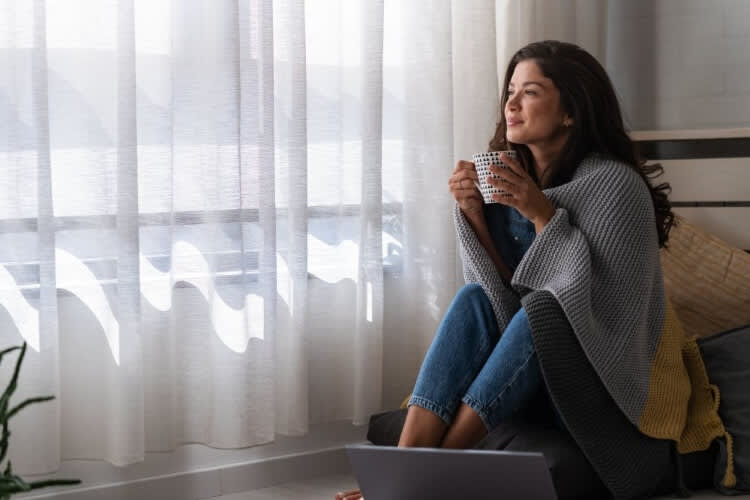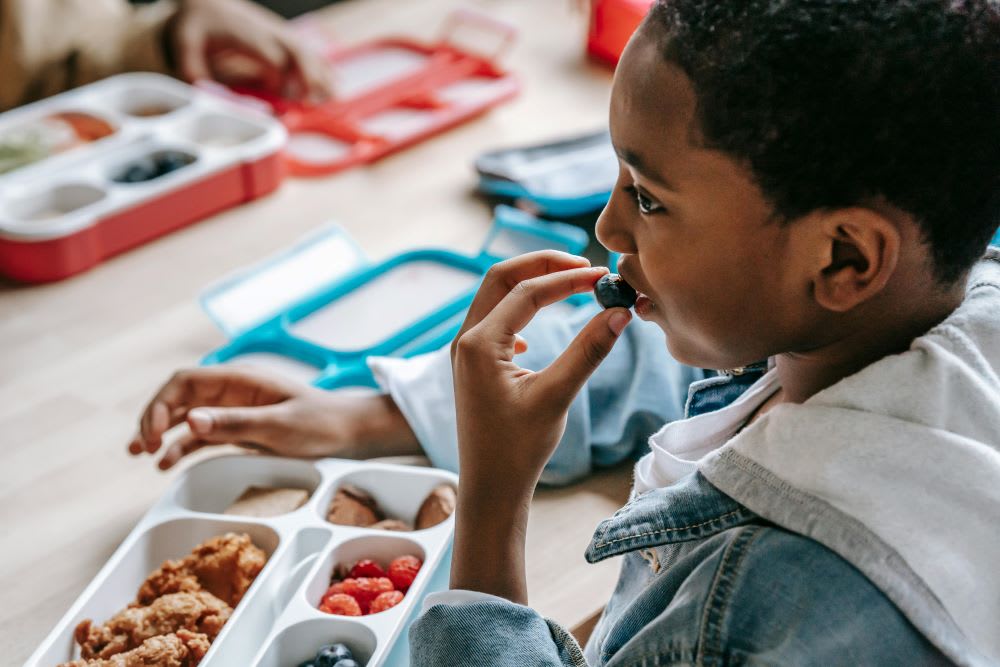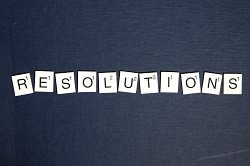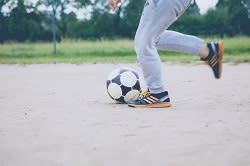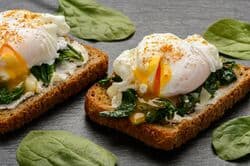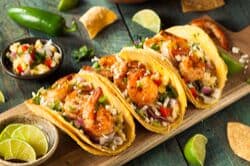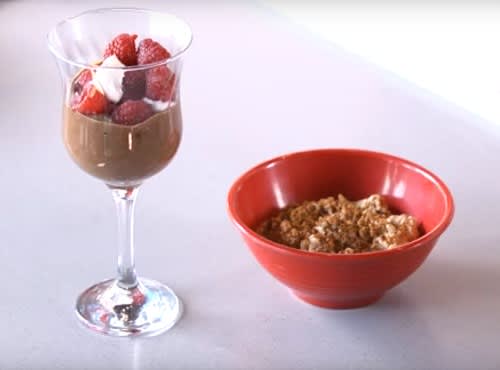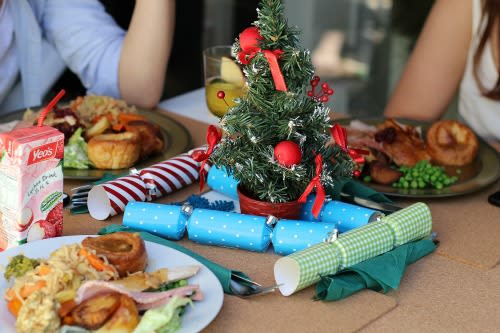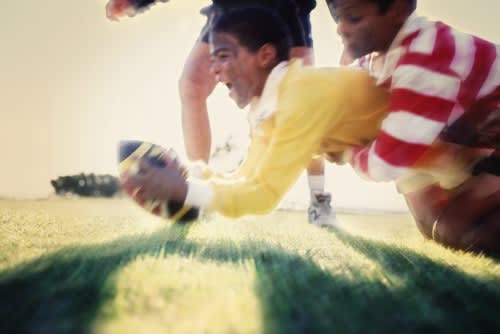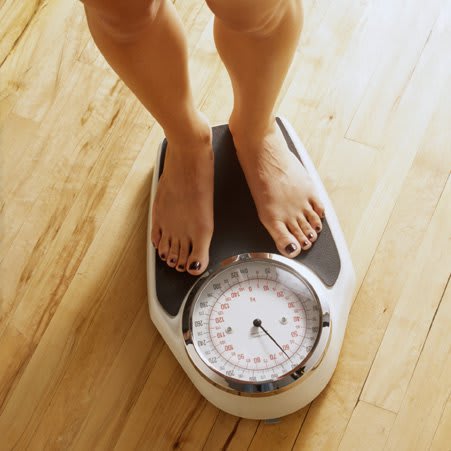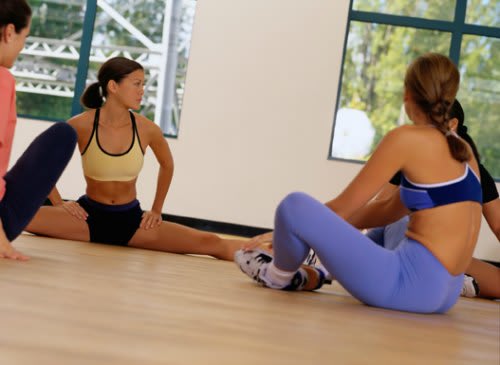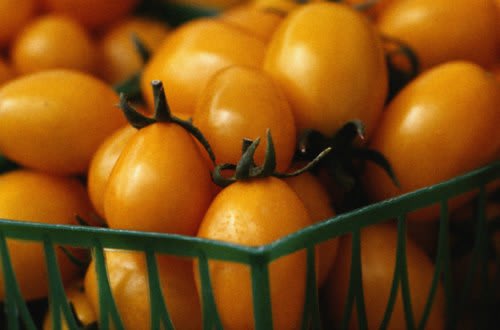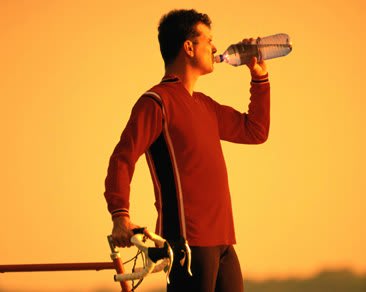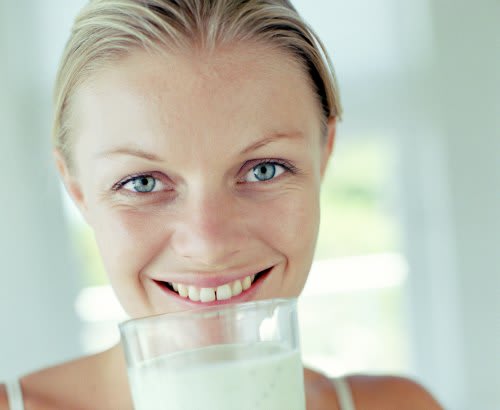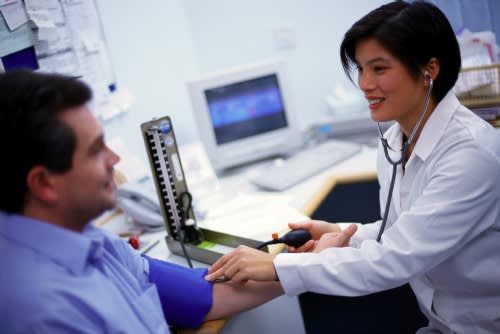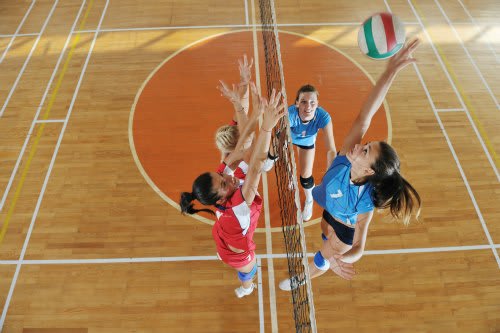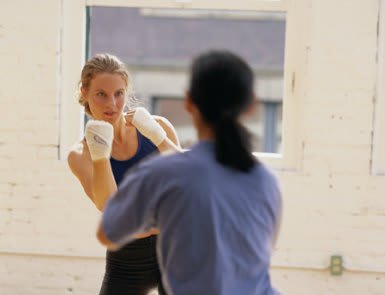The 101 on Nutrition in Young Athletes
Published: May 07, 2018l
By Ilaria St. Florian, MS, RD
Talk to Us
If you're interested in learning more, please contact KIDS’ FANS Manager, Ilaria St. Florian: [email protected]
Nutrition can make the difference between a good and a great athlete. A well-balanced diet, complete with all the nutrients your athlete needs to excel in the sport of his or her choice, will:
- Improve performance and the ability to train longer and at a higher intensity
- Delay the onset of fatigue
- Increase strength and focus
- Speed up recovery
Here are our expert's top tips to make sure your athlete is putting the best sports nutrition possible into “play.”
 Tip 1: Eat enough energy.
Tip 1: Eat enough energy.
Inadequate energy, or calorie intake, can lead to fatigue, irritability, poor attention and compromise athletic performance. Long story short, it’s important for your athlete to take in the recommended amount of calories for his or her activity level. Speak with your child’s doctor for guidance on this.
Tip 2: Remember, carbohydrates are essential for energy!
There are good carbohydrates out there, despite what the media may portray. They are called complex carbohydrates, which are found in foods such as oatmeal, brown rice, legumes, sweet potatoes and whole grains. During digestion, carbohydrates are broken down into glucose which is the body’s preferred source of fuel. Complex carbohydrates provide a steady flow of energy because they take longer to break down compared to more processed, simple carbohydrates found in white bread, sweets and sodas. These simple carbs provide a quick burst of energy followed by a sharp decline, leading to fatigue and reduced endurance. Moral of the story: stick to complex carbs for energy!
Tip 3: Eat enough protein to meet your individual needs.
Protein is a key nutrient for young athletes because it helps build, maintain and repair muscle tissue. When it comes to protein, focus on eating the right amount based on activity level and distribute protein intake evenly throughout the day. While protein requirements for the general population are 0.8 grams per kilogram of body weight per day, athlete’s protein needs are higher and range from 1.2 to 1.8 g/kg depending on body weight, exercise intensity and duration.
Tip 4: Choose fats wisely.
Like carbohydrates, there are good fats and not-so-good fats! Focus on healthy fats from plant oils, fish and nuts and limit fried foods, highly processed foods and foods high in saturated and trans fat. Aim for 20% to 30% of total calories coming from healthy fats.
Tip 5: Hydrate before, during and after sports.
Dehydration can contribute to performance fatigue, so it’s crucial to start exercise fully hydrated by drinking plenty of water 2-3 hours before game time. Continue to stay hydrated during the game by drinking at least ½ cup water every 15 minutes and rehydrate afterwards to make up for fluid losses. If sports last longer than an hour, it may be warranted to drink diluted fruit juice or a sports drink for a quick “energy boost.”
Tip 6: Timing is Everything
3-4 Hours Before the Event:
- Have a light meal with foods that are easy to digest
- Meal should be high in carbohydrates, moderate in protein and low in fat
- Suggestions: Turkey sandwich, pretzels, fruit and fluids
30-60 Minutes Before the Event:
- As game-time approaches, the smaller the meal and the quicker digesting foods should be
- Go for a small amount of carbs and a limited amount of fat
- Suggestions: Pretzels and fruit
During the Event:
- Athletes may need to eat during sports when it is a non-stop endurance activity lasting longer than one hour or it is a morning activity and the athlete has only eaten a small breakfast.
- When exercising intensely for more than one hour, ingest 30-60 grams of carbohydrate in small amounts during each hour of activity.
- Suggestions: energy bar, fruit smoothie, fruit or vegetable juice, fruit, small box raisins, small sandwich with banana and honey.
- Sports drinks are only recommended during intense activity lasting over one hour in order to replace sugar (glucose) and mineral (electrolytes) losses.
After the Event:
- Foods should be consumed within 30 minutes of exercise to help reload muscles with glycogen, rehydrate and allow for recovery.
- Suggestions: sliced whole wheat toast with (1 Tbsp) peanut butter and apple, low-fat yogurt with fruit, banana and skim or 1% milk.
So “exercise” these tried-and-true tips for optimal performance. Knowing what you need for your personal routine is half the battle!
Featured Expert/ Author


